The Missionary Graveyard
Why Ministry is So Difficult in Japan
- NLM Staff
- 27 December 2022 | 10:28 AM
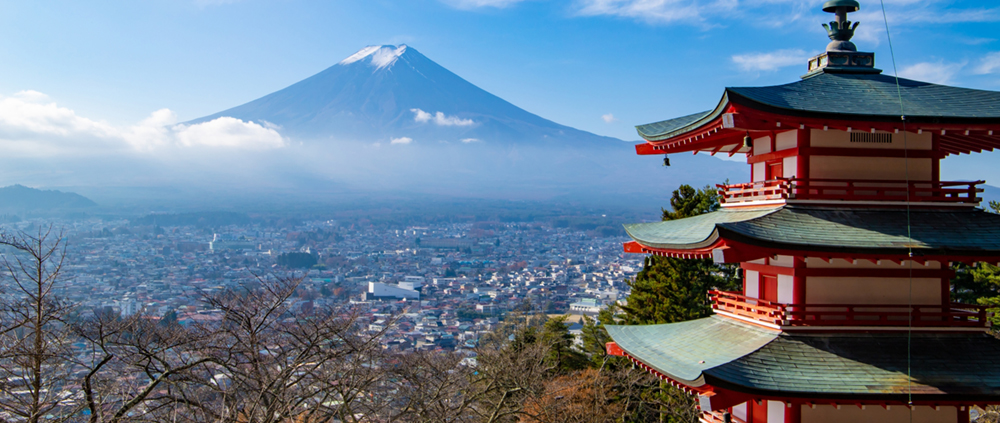
A prosperous, sophisticated and rich culture with kind people, charming towns and pristine cities, Japan is an attractive and intriguing country in the eyes of the world.
However, from the perspective of the Christian missionaries, Japan is ‘famous’ for another reason. It is considered a difficult country for missions, a place where the seeds of the Gospel fall on hard soil, a ‘missionary graveyard.’
Over 470 years since the first missionary to Japan, Francis Xavier, arrived, Japan’s Christian population is said to be under 1%, including both Catholics and Protestants. In a population of 120 million, the Christians amount to less than 2 million.
While religious freedom is protected and Christianity is not at all restricted, the remaining 99% of the population seem not to be interested in Christianity. Why is that?
We will try and unravel this mystery from our knowledge as a missions organization working in Japan for over 70 years, and share some hints for Japanese mission work.
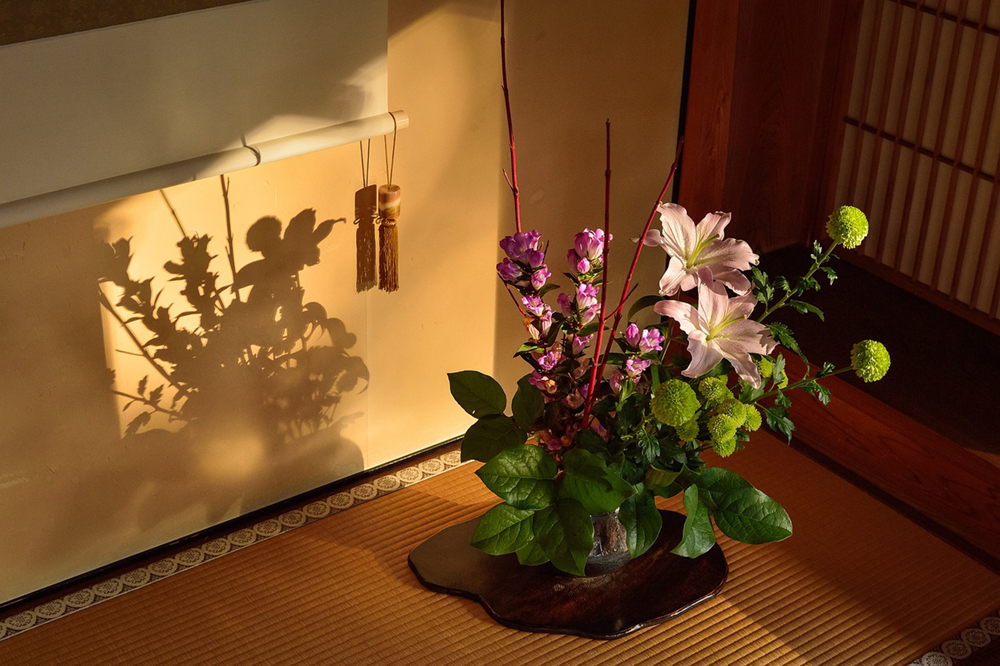
“Wa” Above All Else
One of the most important things for Japanese is the concept of “wa.”
“Wa” in English can be translated to peace, but has a nuance of happiness as well, though even then it does not simply mean happy but rather a state of normalcy.
It comes from Zen Buddhism, and it is an idea of keeping calm at all times without ‘making waves’ in one’s heart or spirit.
This can also be seen in well-known Japanese customs like calligraphy and tea ceremonies.

It has caused a mindset for Japanese to avoid quarreling even if there are some difficulties, with the idea that the solution is to overcome the situation through patience and sheer self-control only.
Thus, Japanese tend to be good at keeping ‘distance’ from one another by interacting in the ‘gray’ rather than speaking frankly in black and white.
This nature has in turn led to an aversion to Christianity because of the teaching that there is no god but God, which is too black and white in the minds of Japanese people, and thus extremely difficult to accept.
If you were to ask a non-Christian Japanese friend what they think of Christianity, you will probably get an answer like this.
“I think the teaching of ‘love each other’ and ‘help the weak’ are good..”
“Christianity isn’t open to other religions so I can’t accept it.”
“The Bible is too strong so I don’t think I can follow it.”
“I hate religion because it leads to war.”
8 Million Gods
Whenever you use the term kami (god) in Japanese, it has a very different meaning than what we think of in the West.
There is a term in Japan that translates to ‘8 million gods’, which refers to the belief that there are gods that dwell in all things in the universe. There are gods of the kitchen, gods of the toilet, gods of the trees, gods of the waterfalls, etc.
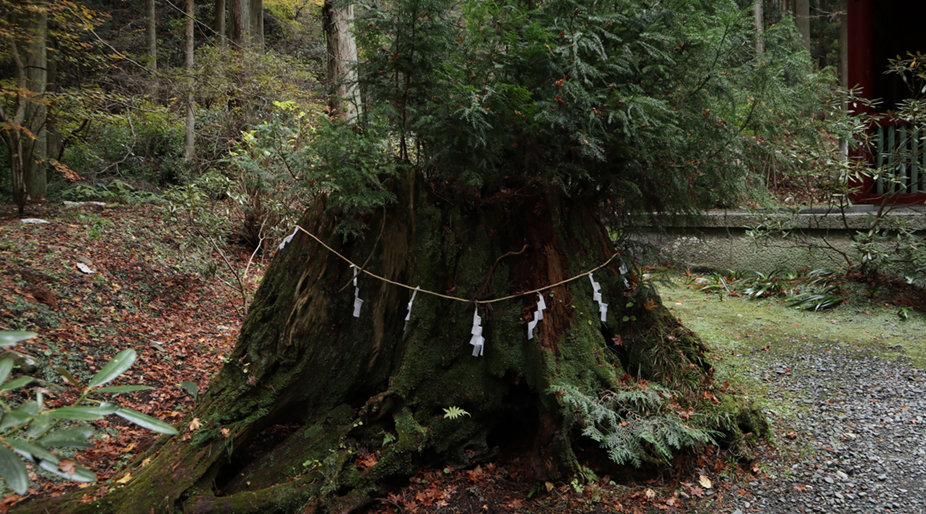
For the younger generation these days, people half joke that their idols in TV, music, movies, etc. are actually gods. So the concept of god is something that people know to respect, but the Christian teaching that there is only one God is something too heavy and extreme for most Japanese.
To Be Called ‘Sinner’
The image of ‘god’ for Japanese is by no means strict and Japanese do not see gods as judges. They see gods to be more human-like and free-spirited rather than some absolute being.
Rather than being judged for doing something wrong, Japanese think that gods would just get angry because of their rudeness toward them if they do something wrong. Thus, sin and judgment are not connected in the minds of Japanese. Many Japanese believe that if they die, they will go to heaven or be reborn, and if the world ceases to exist, then everything just simply becomes nothing.
To Japanese, ‘Others’ are the ‘True Gods’
Japanese value harmony so much to the point that whether something will be a nuisance to others is the very basis for their own decisions and actions.
Therefore, many Japanese people cannot accept the teaching that there is only one God and there is judgment for sin.
Some common phrases in Japanese include ‘don’t bother people’ and ‘the customer is god.’
Even when it comes to strangers, Japanese will use the very formal title ‘sama’ to refer to them. Many seem to have a ‘fear’ of what others think and thus live very politely and patiently each day in society.
Therefore, many Japanese people cannot accept the teaching that there is only one God and there is judgment for my sins.
So how does one tell the good news to these people, whom God loves?
Bringing the Gospel to the Japanese
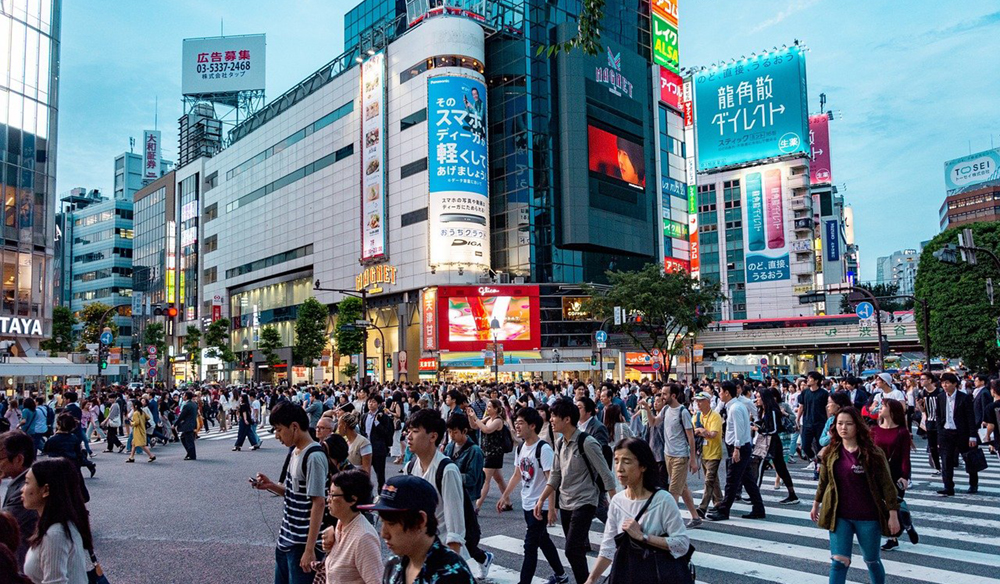
First, understand, respect and accept the Japanese way of thinking
As with any country, it is wrong to look down on others with pity for any reason. Japanese have a high pride and can accurately read what others are thinking about them. Take care to read people’s facial cues and consider their feelings. It is necessary to understand the culture and way of thinking of the other person and treat them with respect.
Strong Curiosity
Most Japanese may not be familiar with Christianity or religion in general but more and more do take an interest in it so as to learn more about the world. This is because Japanese value what others think and it’s embarrassing if they don’t have common knowledge about the world. Thus, they are interested to learn about what kind of religion Christianity is and what is written in the Bible (though they do not want to be forced into it).
Being Cautious
Japanese are generally cautious.
If you try and impose your faith on them, they will most likely back away. It is better to take plenty of time to build a relationship of trust first (we are called to share the Gospel, but we are also called to love our neighbor, after all).
Take time to share your testimony of God’s love through your own life and share the Gospel when the other person is interested. After building a trusting relationship, then is the time to begin talking about the meaning of life, fear of death, loneliness, etc.
Coming On Too Strong is Counter-productive
Coming on too strong with the way one speaks can be counter-productive to mission work. Not only does it not resonate with the person’s heart but it ends up leaving a negative impression. Additionally, since Japanese place great importance on keeping a distance from others, the sudden ‘entry’ of others into personal space and matters of one’s heart will be taken very negatively.
When talking about Christianity for the first time, using phrases like ‘in Christianity’ and ‘in the Bible’ or ‘at church’, it is important to keep some distance and objective nuance to the conversation as the Christian and non-Christian are coming from very different worldviews.
Parapharse for Easy Understanding
As mentioned before, words like ‘god’ or ‘sin’ are not so commonplace for Japanese. Rather than using a word as heavy as ‘sin’, it is better to explain the concept like something dark and muddy at the bottom of our hearts. And rather than telling someone ‘you are a sinner! repent of your sin!’ it is best to share that we as humans need help, and Jesus’ salvation is the path to walk for that help.
Lack of Understanding of the Supernatural
Although each person is different, generally Japanese tend toward being very logical.
Thus, there is a strong resistance to accepting unscientific phenomena like miracles. Many people give up on seeking God because this area tends to be a bottleneck for them.
However, the most important message in the Bible is God’s love and salvation through Jesus.
Rather than focusing on the miracles themselves or condemning those who cannot accept them, it is important to convey what the miracles are showing, what the message is from the miracle stories.
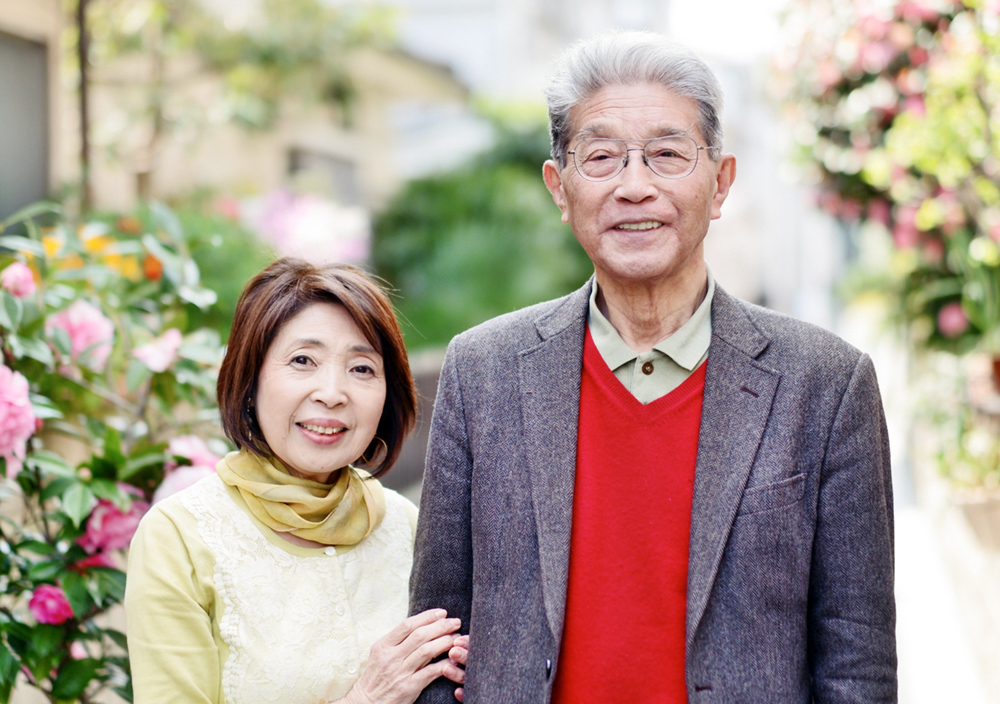
After Accepting Christ, Japanese are Very Committed
If you have read up to this point you may have a very negative image of evangelism to Japanese, but there is a positive.
While Japanese are very cautious, they are also very serious and pious. Once a Japanese person makes the decision to believe, they will be very committed in following Jesus. Thus, please continue to pray for the Japanese people and do not give up on them.
Literature Evangelism is Effective in Japan
As previously indicated, the Japanese are cautious and want to do things at their own pace. And although they are cautious, they are also very curious about Christianity and do want to know more about it.
Therefore, literature that can be read at the pace of the Japanese reader will be greatly appreciated. Though if they are handed a thick Bible, it might be too difficult to understand, but many people are willing to pick up and read small booklets, tracts, manga, etc.

New Life Ministries Can Help
For 70+ years, New Life Ministries has been involved in literature evangelism in Japan. While one of its main works is printing Bibles for Asia, it has also become a trusted partner for ministries working in Japan.
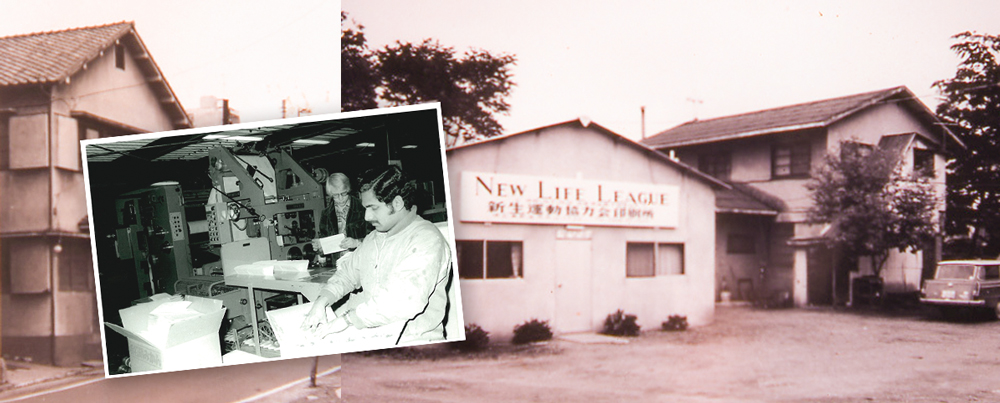
From concept to design, printing, binding, shipping and fulfillment services, New Life Ministries can help with a solution for your ministry needs, even from a vague image starting point. We have experienced Christian staff ready to support you and your important work.
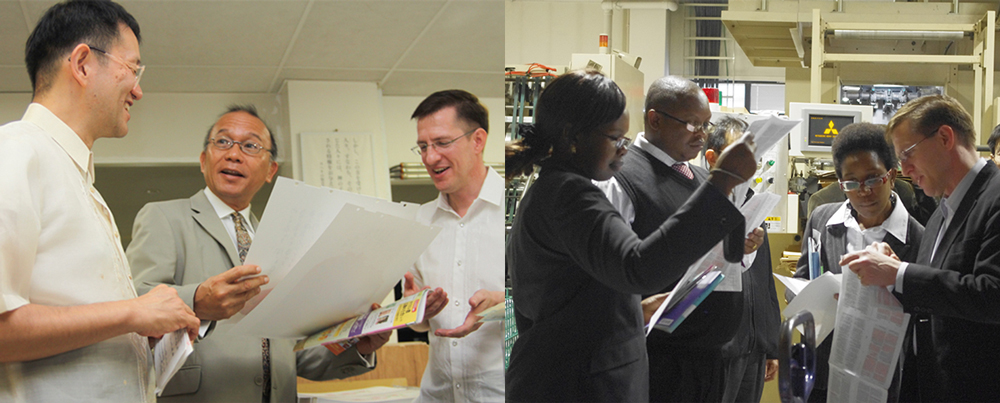
Evangelism to Japan is not ‘Easy’
With a strong, unique culture, Japan is not a place where evangelism is simply preaching the Gospel and having an immediate conversion.
We are a local partner with know-how for effective ways to reach Japan with His Word. We have unique evangelism tools for Japan, including the Bible in Manga (comic) form.
Without the collaboration of our missionary brothers and sisters around the world, we cannot open this stiff, heavy door in Japan. However, in realizing the mission to the Japanese, who have a strong influence around the world, it can surely be significant for world missions overall.
In fact, the Manga Bible series that we have developed here in Japan, has already seen translations into over 40 languages with over 13 million copies in print across all titles and languages.

If you want to bring your ministry vision to Japan, let us help you make it a reality as we serve God together to reach our Japanese brothers and sisters for Christ.

